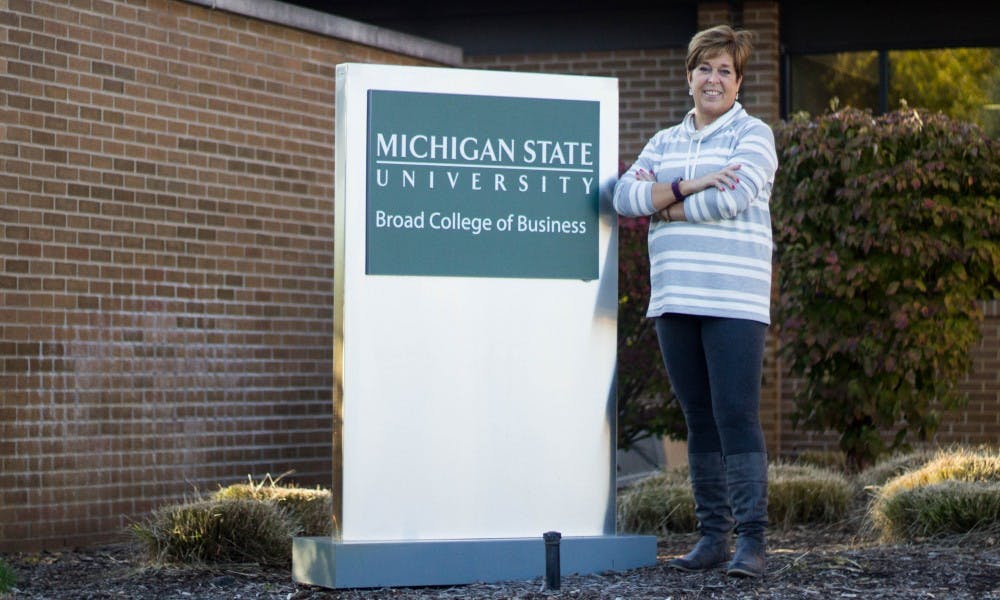Women’s rights have come a long way since 1769, when they couldn’t even own property in their name or keep their own earnings. Today, laws have done a complete turnaround – but they don’t promise diversity in work places, especially in leadership roles.
According to the Catalyst website, in 2017 44.7 percent of S&P 500 companies' employees are women, but only 26.5 percent of those women are executive or senior-level officials.
MSU Assistant Director of Executive Development Programs in the Eli Broad College of Business Kristin St. Marie said even though there are more women getting advanced degrees and attending institutions of higher education, they aren’t getting the opportunities to fill leadership roles.
“More than half of college graduates are females but the unfortunate statistic that isn’t changing is women in leadership roles,” St. Marie said. “Basically there’s only about 3 to 5 percent of fortune 500 companies (where women) are CEOs and that number hasn’t changed at all. If you’re a minority female it’s even harder, you’re even less represented.”
St. Marie has worked with the Eli Broad College of Business for 18 years and has been a part of many mentoring organizations across campus including the Women's Networking Association, which she helped found.
St. Marie said the launch of the Executive Leadership for Women in MSU’s College of Business inspired her to actively look for young women on campus to mentor.
MSU Director of Women in Engineering Teresa VanderSloot said because women are so underrepresented in the engineering field, it is necessary to build a pipeline for them.
According to the National Girls Collaborative Project, women remain at a low population in the STEM workforce, at only 29 percent.
VanderSloot said a lot of women don’t think about engineering as an option because there are a lack of role models and the stereotype is a white man with a lab coat and glasses.
“We believe strongly that if given opportunities and encouragement, girls can persist and pursue STEM degrees,” said VanderSloot.
According to VanderSloot there are about 1,100 women in the college of engineering at MSU and they plan to increase that amount to 25 percent by 2020.
St. Marie said companies tend to promote women based on their past performance while men are chosen based off their future potential.
“I’m really a strong advocate to try to help make women more aware of what are some of our gender tendencies that are holding us back and how can we get more women in leadership roles,” she said.
St. Marie said there are many companies that have diverse leaders, both in gender and race, that are much more profitable than a predominately white male company.
MSU Hospitality Business Junior Rebecca Laplena said she believes it is easier for men than women in the workforce today, but it has gotten better.
Laplena said the campus could also use more women empowerment programs, and she doesn’t think the university is at the level that they should be.
“The sooner we can create the awareness, I think you know we can make that change,” St. Marie said.
St. Marie said there is a lot of opportunity for support on campus but the challenge is uniting all women throughout the colleges.
“There’s not one like resources that could direct all women on campus, whether you are a student, an employee, a graduate student … making those resources a little more centrally available, it would probably be good,” she said.
St. Marie said she is proud to be a part of the pipeline that is being created for the empowerment of young girls and women across campus.
Support student media!
Please consider donating to The State News and help fund the future of journalism.
“If I had the opportunity to work full-time on projects like that, that would be my dream," she said.
Discussion
Share and discuss “Colleges of Business, Engineering talk about women in the workplace” on social media.







